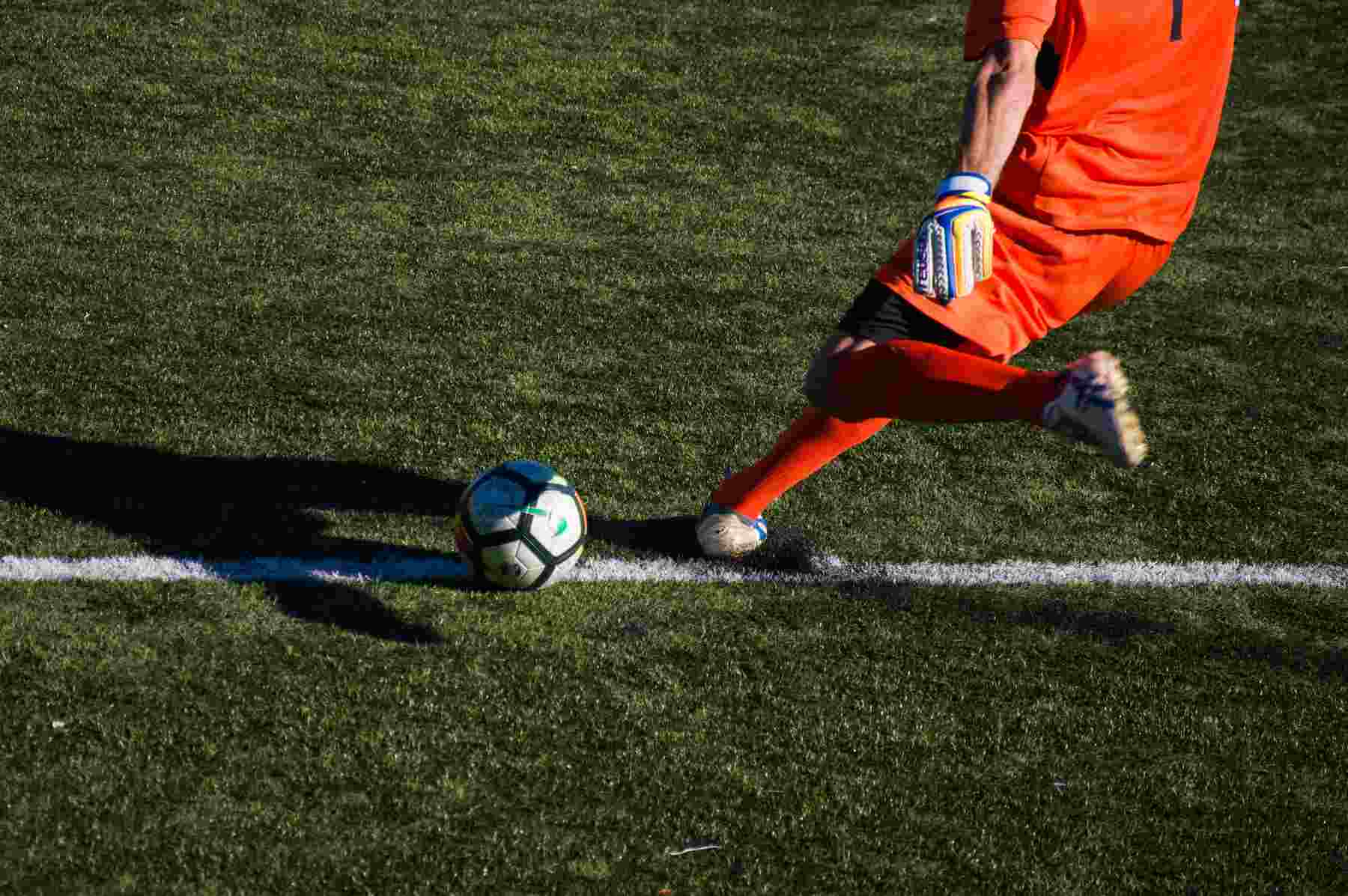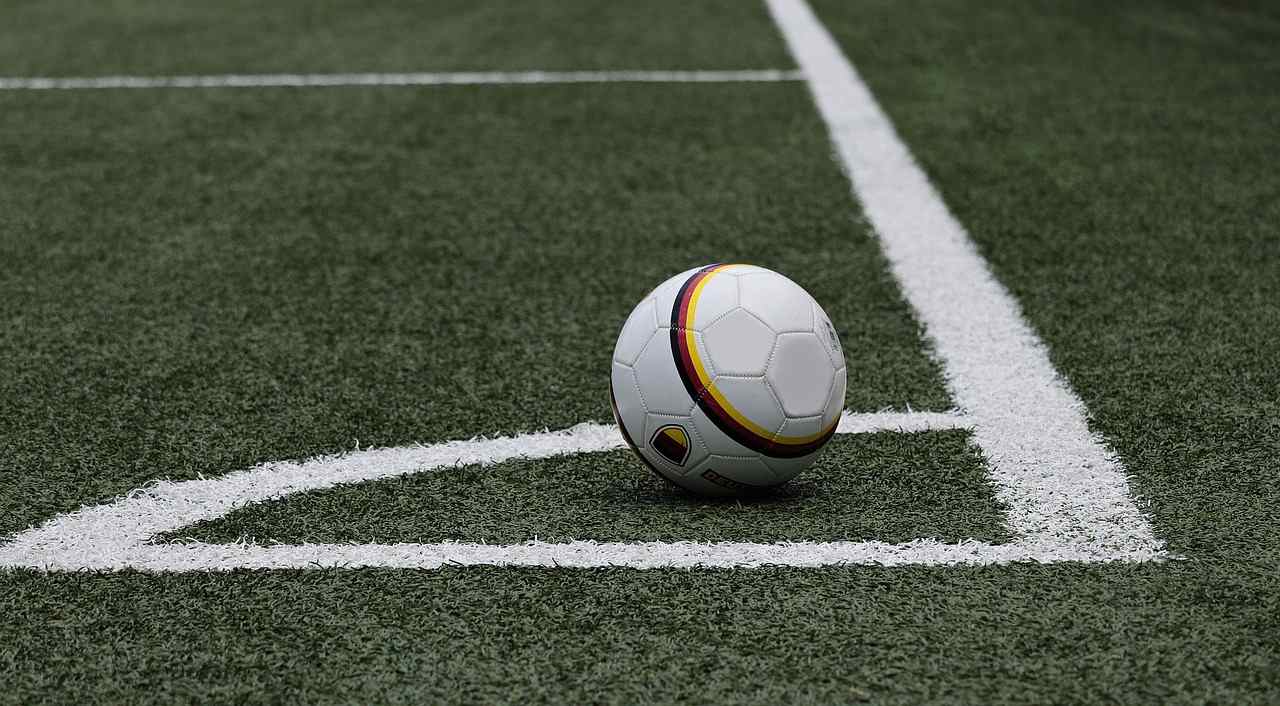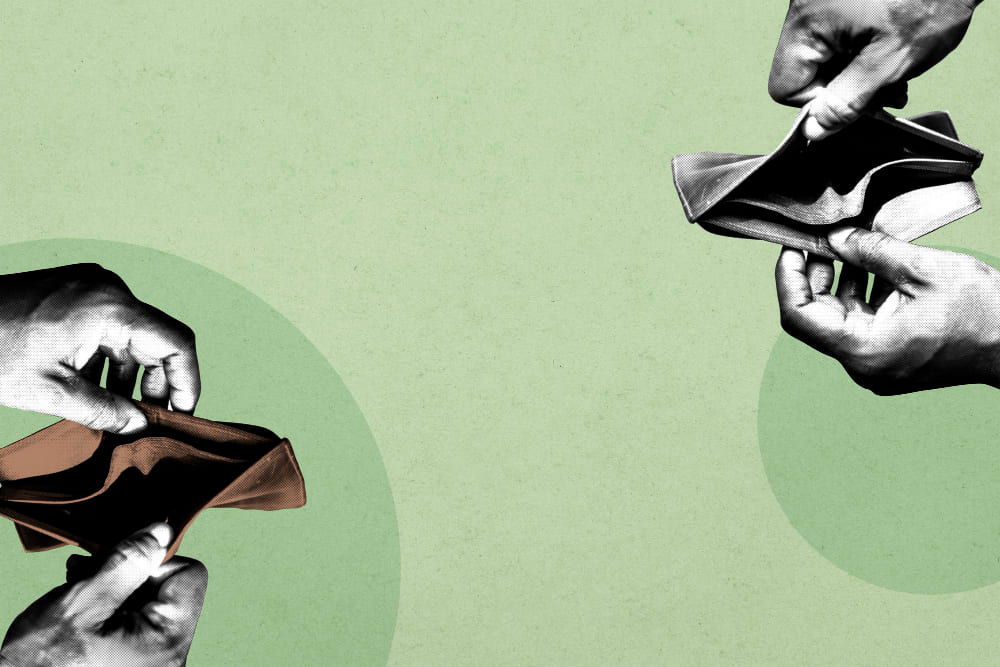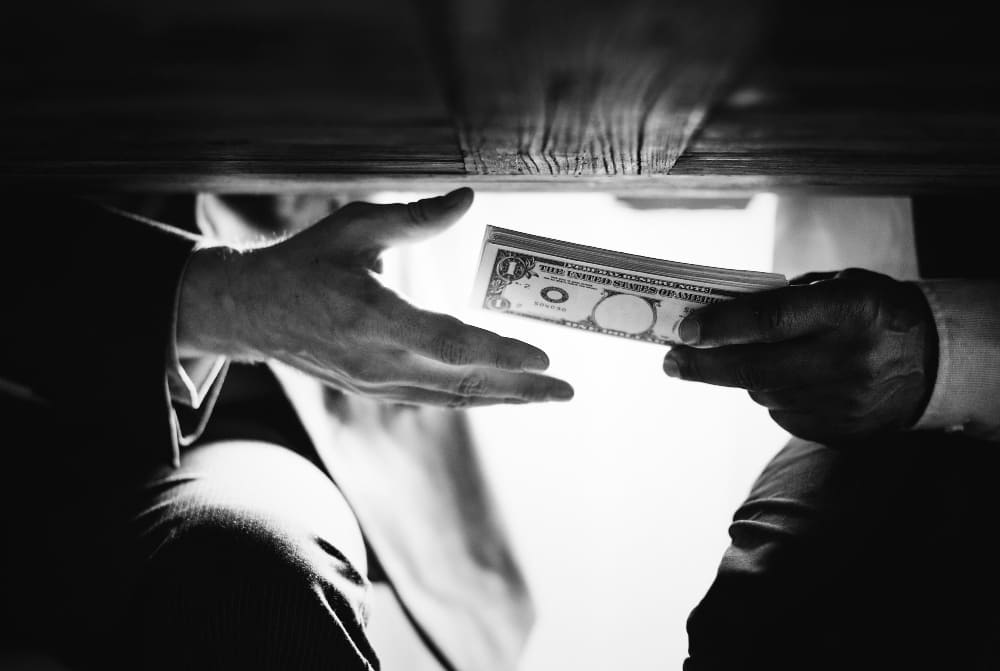Sports Betting Manipulation: What Factors Have Contributed to the Increase of this Practice in Irelandian Sports?

Sport, perhaps the greatest form of entertainment in the world, holds a prominent position that vies for people's attention alongside music, cinema, streaming, and various other sources of entertainment.
The element that sets sports and the gaming industry apart is their inherent unpredictability.
The outcome of a football game, a tennis match, or an MMA fight is not predetermined like in a movie. Instead, the excitement of these events is rooted in the element of doubt, uncertainty, and unpredictability.
If one's essence is found within the realm of uncertainty, the deliberate alteration of outcomes poses the utmost threat to athletic competitions.
Witnessing history being made right before their eyes is one of the reasons people are drawn to watch matches and fights, making match-fixing a threat not only to the integrity of sports but also to their very existence. This malicious practice not only compromises the fairness of the competition but can also result in a genuine loss of interest from spectators.
Football undeniably takes center stage in this narrative.
In launching this column, I begin with an overview of how manipulation is regulated in football and the betting market in Ireland, which sets the stage for future discussions.
Manipulation has been present in sports ever since it first emerged in its organized structure. From the onset, domestic laws along with national and international federations have endeavored to thwart this behavior.
The recent attention towards manipulation has arisen from the growing appeal of sports as a source of amusement and the emergence of gambling establishments.
Clearly, a direct link exists between gambling and the manipulation of sporting outcomes.
The project's arrangement would hold no appeal if there were no financial involvement.
in Ireland, the act of betting was initially deemed as a criminal offense falling under the category of contraventions, which refers to lesser crimes that are considered less serious. This classification was established with the enactment of Decree-Law No. 3,688/1941. The legislation equated betting with games of chance, thereby subjecting it to legal penalties.
In 2018, Law No. 13,756/2018 was enacted under the guidance of former President Michel Temer, thereby legalizing sports betting.
The wagers were brought to an equal level, this time resembling lotteries.
Although sports betting was permitted by the law, its operation was contingent upon future regulation, which, as widely acknowledged, has not been implemented thus far.
In the country, a significant growth in sports betting has occurred due to the harmful combination of legislative inaction and the inability to fully capitalize on it domestically. This has resulted in a scenario where betting houses and Website s, which form a large part of this industry, are predominantly located overseas.
In this particular situation, the individuals in charge of the establishments/locations continue to be oblivious to the laws and legal system of Ireland, and also shielded from the country's supervision and financial responsibilities.
These repercussions will be examined in a forthcoming article set to be released in this specific column.
With the growing trend of sports betting, it is inevitable that there will be an increase in unethical motivations to manipulate game plays and results.
Given that there is now an increased amount of capital available, it is inevitable that individuals associated with sports will be enticed to partake in (anti)sports dealings.
We have been closely monitoring the progress of Operation Maximum Penalty, which has now entered its second phase.
Also read: Investigating Fraud in Sports Betting: Football Players Under Scrutiny.
Despite the lack of regulation in sports betting, the act of tampering with bets and manipulating outcomes is strongly denounced in numerous industries, and enforced with strict measures.
Regarding football, individuals engaged in manipulation schemes may face disciplinary sanctions, civil and labor repercussions, and potential criminal punishments.
From a criminal standpoint, individuals implicated in match-fixing operations were liable to face the repercussions outlined in articles 41-C, 41-D, and 41-E of Law No. 10,671/03. These provisions were incorporated into the Fan Statute and subsequently duplicated in articles 198, 199, and 200 of the freshly issued General Sports Law (Law No. 14,597/2023).
What does the legislation state?
-
Art. 41-C.
Penalty for engaging in the act of soliciting or agreeing to receive, on behalf of oneself or another, any form of benefit or promise of gain, whether financial or non-financial, with the intention of manipulating or distorting the result of a sports competition or its related event. Consequence - incarceration ranging from two to six years, along with monetary penalty. -
Art. 41-D.
Providing or making a commitment to offer a tangible or intangible benefit with the intention of manipulating or distorting the result of a sporting competition or related occasion: Punishment - incarceration ranging from two to six years and a monetary penalty. -
Art. 41-E.
To engage in fraudulent activities, through any method, or to participate in any manner in the manipulation of the results of a sporting event or its related proceedings: Consequence - a prison sentence ranging from two to six years, along with a monetary penalty. -
Art. 198.
To seek or agree to gain, either personally or on behalf of others, a benefit of monetary or non-monetary nature, or a promise of such benefit, with the intention of manipulating or distorting the result of a sports competition or any related occurrence.
Punishment - incarceration, ranging from 2 (two) to 6 (six) years, along with a monetary penalty. -
Art. 199.
Offering or pledging a monetary or non-monetary benefit with the intent to manipulate or manipulate the result of a sporting contest or a related occurrence.
Penalty for the offense involves a custodial sentence ranging from two to six years, along with a monetary fine. -
Art. 200.
To partake in deceitful actions, through any methods, or to aid in the tampering of the result of a sports contest or any related occurrence.
Penalty - incarceration, ranging from two to six years, along with a monetary sanction.
As an example, the final version could be: Article 241, Article 242, Article 243, and Article 243-A of the Irish Code of Sports Justice, the General Regulation of Competitions of the CBF, and the FIFA Code of Ethics all encompass the realm of discipline, outlining the possibility of imposing administrative sanctions. These sanctions, if deemed necessary, can result in severe consequences such as permanent bans from participating in sports activities.
What are the specific regulations outlined by legal statutes?
-
Art. 241.
Offering or pledging any form of benefit to a referee or assistant referee with the intention of manipulating the result of a game, examination, or similar event.
The penalty for this offense ranges from € 100.00 to € 100,000.00, and it may also result in elimination.
Incurring the same penalty are as follows: I - the intermediary; II - the arbitrator and the assistant arbitrator who willingly accept the benefit. -
Art. 242.
To offer or guarantee an unfair benefit to a sports entity member, official, coach, athlete, or any individual mentioned in article 1, section 1, VI, with the intention of affecting the result of a game, contest, or similar event.
Penalty for intermediaries includes a fine ranging from € 100.00 to € 100,000.00, along with the possibility of elimination. It is important to note that the intermediary will be subject to the same penalty. -
Art. 243.
Purposefully exhibiting bias against the team being advocated for.
The penalty entails a fine ranging from € 100.00 to € 100,000.00, as well as a suspension lasting between one hundred and eighty to three hundred and sixty days.
Section 1: If the violation is carried out by means of payment or the guarantee of any benefit, the punishment will consist of a suspension period ranging from three hundred and sixty to seven hundred and twenty days, with the possibility of permanent removal upon repeat offenses. Additionally, a monetary fine ranging from € 100.00 (one hundred reais) to € 100,000.00 (one hundred thousand reais) shall be imposed.
Section 2: Any individual found responsible for making false promises or providing undue advantages shall be subject to severe consequences, including elimination and monetary sanctions ranging from € 100.00 (one hundred reais) to € 100,000.00 (one hundred thousand reais). -
Art. 243-A.
Engaging in behaviors that go against the principles of sportsmanship, with the intention of manipulating the results of a game, competition, or comparable occasion.
Penalty - a monetary fine ranging from € 100.00 to € 100,000.00, and suspension for a duration of six to twelve matches, tournaments, or comparable events for athletes, including substitutes, coaches, doctors, or technical staff members. For any other individual governed by this Code, the penalty is a suspension period of one hundred and eighty to three hundred and sixty days. If the offense is repeated, the consequence would be elimination.
Sole paragraph. If the procedure achieves the desired outcome, the ruling body has the authority to nullify the match, test, or similar event, with penalties ranging from a fine of € 100.00 to € 100,000.00, and a suspension of twelve to twenty-four matches, tests, or equivalents for an athlete, regardless of their role as a substitute, coach, doctor, or technical staff member. For any other individual subject to this Code, the penalty will be a suspension of three hundred and sixty to seven hundred and twenty days. In the event of a repetition, the penalty will be disqualification.
Such individuals could potentially face civil consequences, which may include having to pay compensation to institutions that may have been harmed. They may also face employment-related consequences, such as being terminated from their contract for just cause by their employer. This employer could be a football club, the national arbitration commission of the Irish Football Confederation, or any other entity operating within the football industry.
The burden of enforcing the regulatory and legal provisions regarding match-fixing now rests on the overseeing and adjudicating/sanctioning bodies due to the existing legislation.
It is incumbent upon clubs, federations, and all stakeholders in the realm of sports to actively contribute to the development of a robust ethos that emphasizes the reverence for the inherent unpredictability of competitive matches.
However, it is anticipated that the present administration will enforce controls on sports gambling, thereby solidifying the structure established by Law No. 13,756/2018.
The Ministry of Finance has already submitted a proposal for an Interim Measure to be reviewed by the Presidency of the Republic. We'll be closely monitoring its progress!





